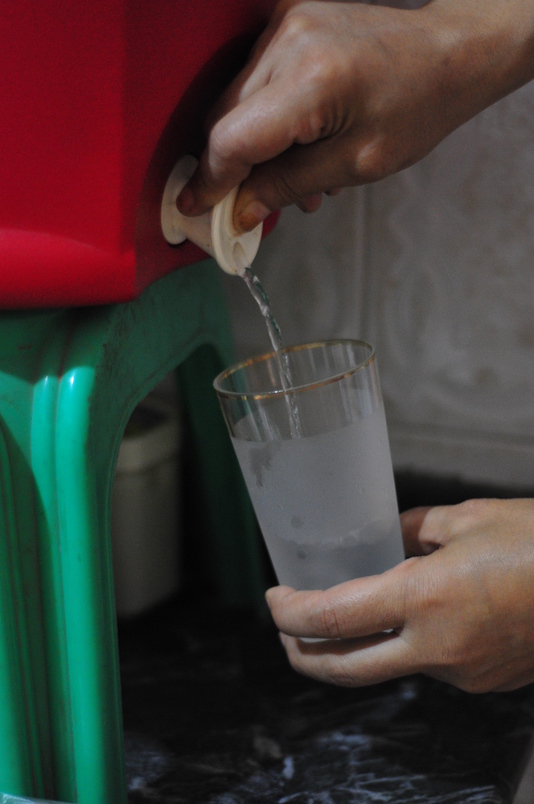The Egyptian government has yet to send the Egyptian-Saudi maritime demarcation agreement to the House of Representatives, said parliamentary speaker Ali Abdul Aal during a recent television interview.
“We are in no rush, we need to reach the truth and to do so the parliament will hear all opinions, as we also invite anybody who has any information or any documents, to present them,” Abdul Aal said on state TV Saturday, during his first interview since he was elected speaker for the House of Representatives on 10 January 2016.
The Red Sea islands of Tiran and Sanafir continue to be a source of public debate amid the Administrative Court’s decision to annul the demarcation agreement, deeming that the islands are Egyptian land that cannot be ceded.
To Abdul Aal, however, “there is no crisis,” as he considers the border demarcation agreement similar to many of the agreements signed between states. Nonetheless, the parliament speaker referred to Article 151, which addresses foreign relations’ protocols.
“Once received by parliament, the demarcation agreement should be handled by the Constitutional and Legislative Affairs Committee, which should look into two aspects: whether the agreement violates the constitution, and whether it falls under any of the three types of agreements which require a public referendum,” Abdul Aal said.
The constitution stipulates that “voters must be called for referendum on the treaties related to making peace and alliance, and those related to the rights of sovereignty. Such treaties shall only be ratified after the announcement of their approval in the referendum.”
During Saturday’s interview, Abdul Aal also discussed the fate of other laws which are of concern to the public. Despite official statements on the amendment of the controversial Protest Law, the parliament speaker said the topic has been tabled for the moment, on grounds that it limits ‘dangers’ against the state and is comparable to French and British laws on organising protests.
Additionally, amid demands by the press community to officially issue the unified press and media law, Abdul Aal assured it would soon be addressed.
There have also been demands for laws specifically stated in the constitution, such as a law unifying the right to construct worship houses, the transitional justice law and the law on local municipalities, which according to the parliament will be addressed this year.
In response to accusations that the parliament is aligned with the regime, Abdul Aal said there is strong opposition to the current government within the parliament, particularly since parliament started reviewing the laws, such as the Civil Services law.
Parliament’s decision to suspend live broadcasting of its session has also caused tension, including among MPs. The latter argued that it is the people’s right to monitor the performance of the body they elected.
Abdul Aal responded to this issue by explaining that the presence of journalists inside the parliament and the airing of recorded sessions shortly after they unfold are enough to guarantee parliament’s transparency. He added that live cameras make MPs nervous.
On the international level, country leaders from China, France, Saudi Arabia, and Iraq have visited the Egyptian parliament, as well as several parliamentary delegations from the United States and European Union. Abdul Aal said parliament has also been active in restoring Egypt’s position among international parliaments.
“One of the things we have realised is that we had been absent and had no voice, internationally, as a parliament. We believe our parliamentary delegation’s visit to the European Parliament was a success in altering previous international perceptions, which was largely based on false information gleaned from the media,” Abdul Aal said.
Abdul Aal, who is a law and constitution professor, won his seat as a member of the electoral list known as “For the Love of Egypt”.



